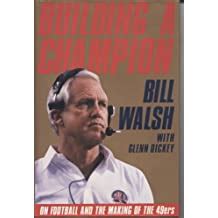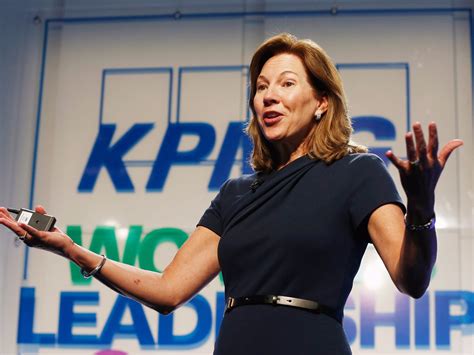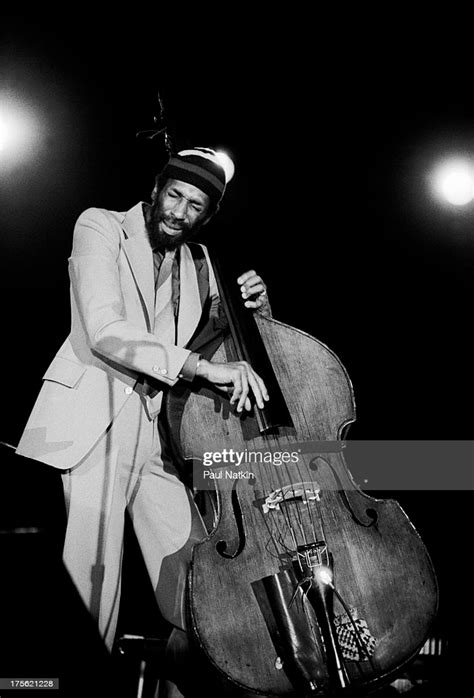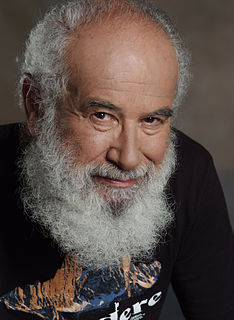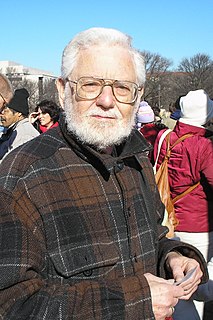A Quote by Bill Walsh
By instinct we-leaders-want to run hard all the time; by intellect we know this is not possible. Reconciling those two positions in the context of leadership is an ongoing challenge.
Related Quotes
Anyone will acknowledge that there's a lot of people other than those who are elected who run the government, and who are in permanent positions, and long-term positions, appointed positions - not voted in by anybody. That kind of gnaws away, I think, at the idea of democracy. The two-party system, again, is an issue. What we see is no desire on behalf of anyone to begin to address these problems.
I'm not so sure liberal democracy as we know it has reached its terminus. It's clear though, that many have genuinely lost confidence in the Australian political class. One reason is that we like to place enormous burdens of expectations on modern political leaders. To be sure such expectations aren't always honest. Just as we want better public services but object to paying the higher taxes that would make them possible, we often want leadership but only if there aren't hard choices with real consequences.
Executives run organizations. In business, we need executives who have clarity, people who are in touch with themselves. Then, in leadership and management positions, they can be good role models and leaders. The people I know who have really moved their organizations are scrupulous role models. They are so clear about honesty, integrity, openness, mutual self-respect, dignity for the individual, and creativity, that they don't deviate from these principles at all in their behavior.
Control is not leadership; management is not leadership; leadership is leadership is leadership. If you seek to lead, invest at least 50% of your time leading yourself-your own purpose, ethics, principles, motivation, conduct. Invest at least 20% leading those with authority over you and 15% leading your peers. If you don't understand that you work for your mislabeled 'subordinates,' then you know nothing of leadership. You know only tyranny.
I think any genuine leader today has to learn leadership the hard way-by doing it. That means embracing turbulence and crisis, not avoiding it. It means "flying through the thunderstorm." That's not to say that there are no basic principles to orient you to the challenge. Indeed, I describe some in the book. But there are no simple recipes. Until you have lived it, you don't really know how to do it. That's what I mean by "leadership the hard way."
Our leaders are cruel because only those willing to be inordinately cruel and remorseless can hold positions of leadership in the foreign policy establishment. People capable of expressing a full human measure of compassion and empathy toward faraway powerless strangers do not become president of the United States, or vice president, or secretary of state, or national security adviser or secretary of the treasury. Nor do they want to.
